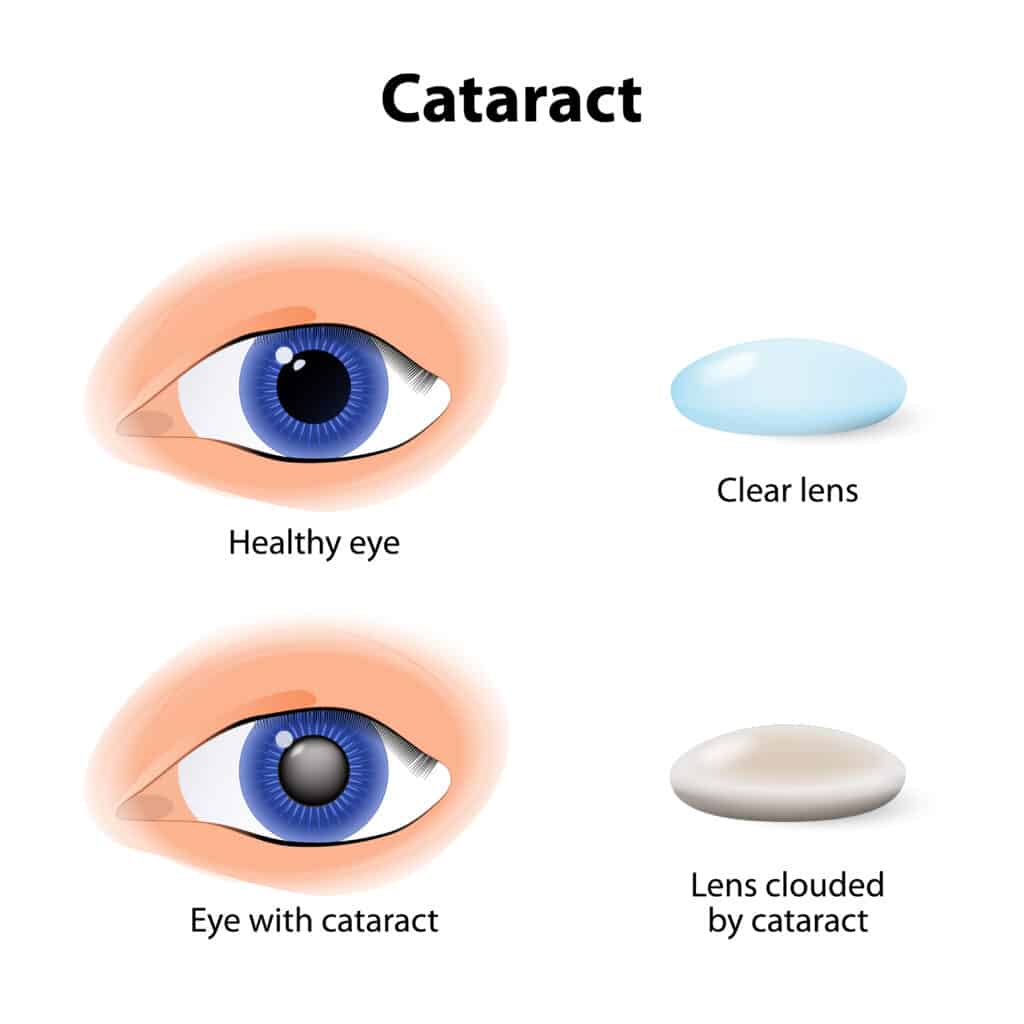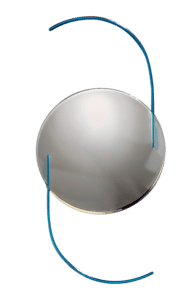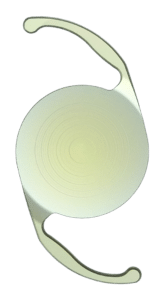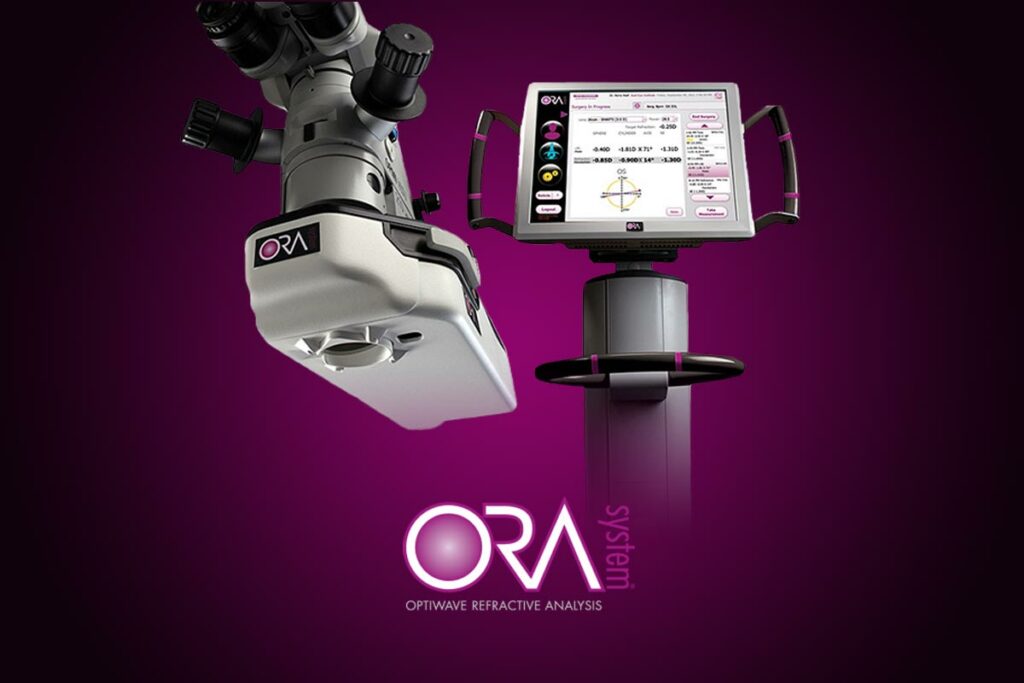
Cataract Surgery services offered in Oviedo, FL
If you have cataracts, cataract surgery can help to restore your vision and help you return to your favorite activities. At Central Florida Ophthalmology in Oviedo, Florida, ophthalmologist and cataract surgeon Dr. Jeffrey R. Golen, MD, specializes in adjustable and fixed lens implantation. After an eye exam, Dr. Golen can develop a personalized treatment plan that accounts for all aspects of your care, including surgical planning and postoperative recovery. Call Central Florida Ophthalmology today to request a cataract surgery consultation, or make your appointment online.
Cataract Surgery Q&A
What is cataract surgery?
Cataract surgery removes a cataract (a cloudy lens) from your eye. Afterward, Dr. Golen replaces the cloudy lens with a clear artificial one. Cataracts affect your eyes’ ability to focus and process light. Replacing them with clear lenses restores your vision, making reading, driving, and other routine tasks easier.
What types of lenses are used during cataract surgery?
Dr. Golen uses intraocular lenses (IOLs) during cataract surgery. IOLs are very small and placed into your eye during a minimally invasive procedure. They are most commonly made out of acrylic or silicone.
There are several types of IOLs, including:


Adjustable Lenses
Light Adjustable Lens
Unlike traditional lenses, the LAL allows your vision to be fine-tuned after surgery using a special light treatment. Once your eye has healed, Dr. Golen adjusts your vision in-office with UV light, allowing you to preview and personalize your results.
Fixed Lenses
Toric IOLs
Dr. Golen utilizes toric IOLs if you have a significant degree of astigmatism –– a refractive error affecting how light bounces off your cornea. The toric lens will allow you to see better without glasses than with a monofocal IOL. You may still need glasses for reading or possibly even distance, but you will likely be less dependent on the distance glasses, and you may even be able to drive without glasses.


Multifocal IOLs
These IOLs allow for a range of vision, including distance and near, or distance, intermediate, and near, depending on the type of lens utilized. The goal with multifocal lenses is less dependency on glasses, although some patients still need distance or reading glasses for “fine-tuning” of the vision, especially for far away objects, fine print, or driving at night.
What does cataract surgery involve?
Before cataract surgery, you will receive anesthetic and dilation eye drops. You will get an IV placed in your arm in the preoperative area, and you will be lying on your back the whole time.
After you go back to the operating suite, the anesthesiologist or nurse anesthetist will administer IV sedation. Dr. Golen will then administer additional topical anesthesia. Dr. Golen uses a special microscope to visualize your eye. He makes several small incisions to access the cataract and then uses a tiny ultrasonic device to break it up. Dr. Golen removes your cataract and replaces it with the IOL.
After placing the lens, Dr. Golen may cover your eye with a shield and move you to a recovery room.

ORA Technology
ORA technology an exciting technology that brings real time diagnostic data to cataract surgery. Dr. Golen utilizes the ORA technology at the time of cataract surgery to re-check the pre-operative measurements, for best-possible lens selection. ORA technology also assists with alignment of toric lenses. ORA stands for “Optiwave Refractive Analysis”.
What is recovery like after cataract surgery?
After cataract surgery, you will need a friend or family member to drive you home.
It is very important that you do not rub your eyes. It is recommended that you wear an eye shield at bedtime so that you don’t rub your eyes in your sleep. Dr. Golen prescribes special eye drops. Use the eye drops as prescribed and get plenty of rest. It may take several days or even weeks for your vision to return to normal.
Dr. Golen will be there to examine you and guide you through the entire cataract surgery process, including pre-op, the day of surgery, and postoperative care.
After the surgery, don’t be alarmed if you experience symptoms like burning, irritation, blurred or double vision or watery red eyes. These symptoms most often improve within a few weeks, often much sooner than that.*
Call the practice of Dr. Jeffrey Golen today to see if you can benefit from advanced cataract surgery, or book your appointment online.
*Individual results may vary.
